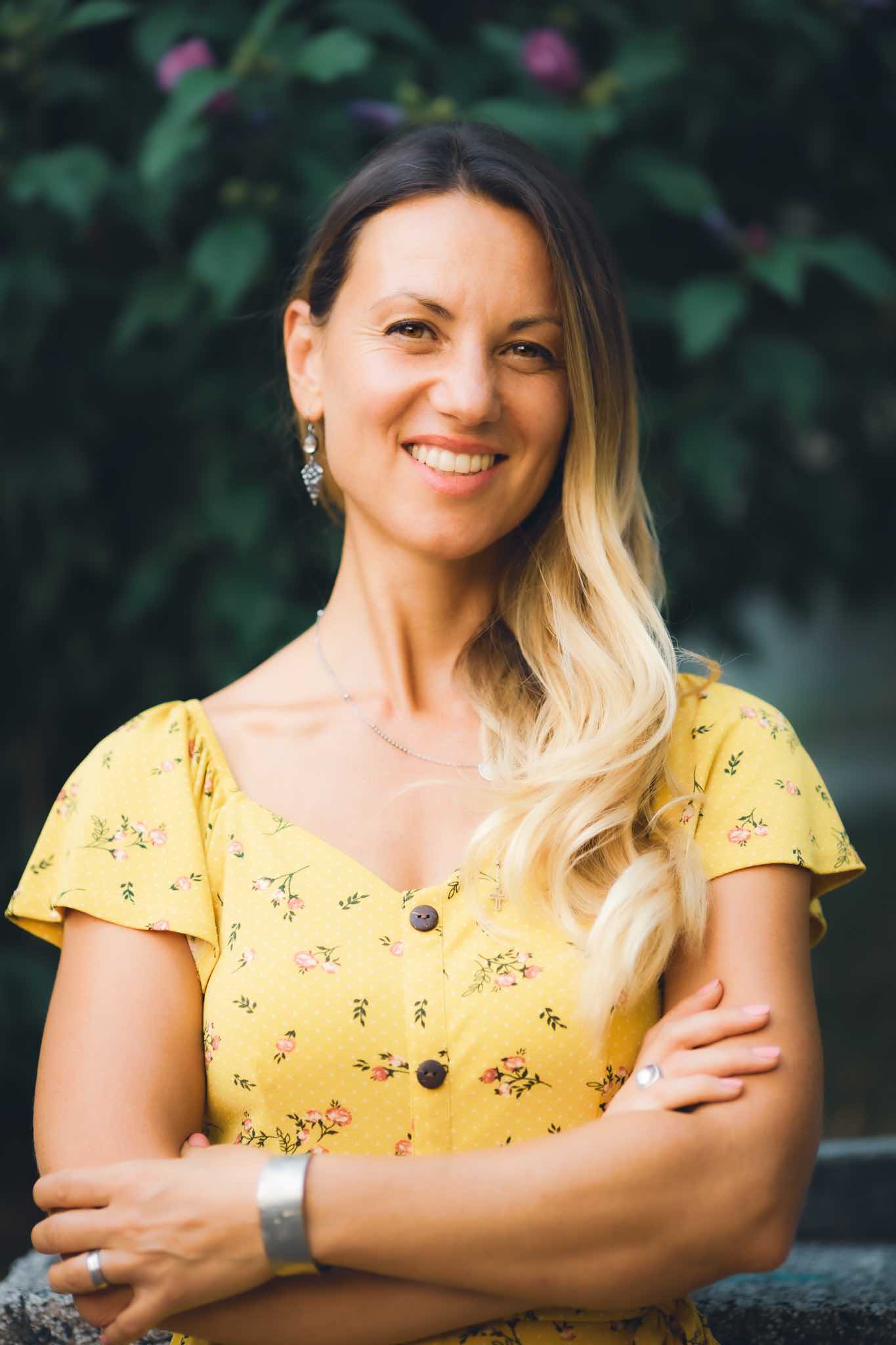
I am Vanya Malixi, a registered clinical counsellor (RCC) with the BC Association of Clinical Counsellors (BCACC). I am deeply passionate about helping individuals and couples navigate life’s challenges, heal emotional wounds, and build stronger, more fulfilling relationships.
A big part of my work focuses on Eye Movement Desensitization and Reprocessing (EMDR)—a gentle yet powerful approach that helps people process painful experiences, release stuck emotions, and reconnect with a sense of calm and resilience. It’s been incredible to witness how EMDR allows clients to heal in ways they didn’t think were possible.
I also love working with couples who are feeling disconnected, stuck in painful patterns, or longing to deepen their intimacy and communication. Whether you are working through past hurts, life transitions, or just want to feel closer again, I will help you find a path forward together.
My approach blends compassion with a range of effective methods, including Cognitive Behavioural Therapy (CBT), Mindfulness-Based Cognitive Therapy, Family Systems Therapy, and Solution-Focused Brief Therapy. Together, we will create a space that feels safe, collaborative, and tailored to your unique needs.
I work with clients across Canada and internationally through secure online sessions, so you can access support wherever you are. Splitting my time between Canada, the USA, and Europe has given me a deep appreciation for different cultures and experiences—and I bring that openness to my work with every client.
If you are ready to heal, grow, or strengthen your relationships, I would be honoured to walk alongside you on your journey.
Areas of Practice
- Abuse – Physical Emotional Sexual
- Anger
- Anxiety
- Attention Deficit | Hyperactivity
- Career & Education
- Chronic Illness
- Chronic Pain
- Communication Issues
- Crisis Intervention
- Depression
- EAP | EFAP
- Family Conflict
- Family Counselling
- Grief and Loss
- Individual Counselling (General)
- Intimacy
- Life Coaching
- Life Transitions
- Men’s Concerns
- Men’s Violence
- Multicultural Concerns
- Panic
- Person-Centred
- Personal Growth
- Post Traumatic Stress
- Relationships
- Relationships – Couples
- Relationships – Infidelity
- Relationships – Marriage
- Self Esteem
- Stress
- Substance Use Counselling
- Suicidal Ideation – Adult
- Trauma
- Trauma – Accidents Death Loss
- Workplace Concerns
Modalities
- Body-Centred Therapy
- Bowen Family Systems
- Cognitive Behavioural Therapy (CBT)
- Eye Movement Desensitization and Reprocessing (EMDR)
- Humanistic
- Meditation
- Mindfulness-based Cognitive-behavioural Therapy
- Online Counselling
- Person-Centred
- Solution Focused Brief
- Somatic
- Strength Based
- Telephone Counselling
Locations: Virtual (British Columbia)
